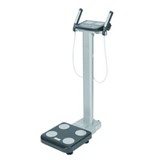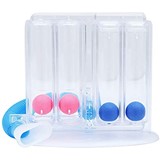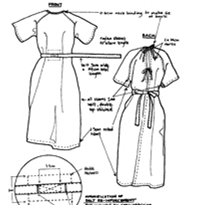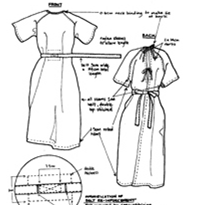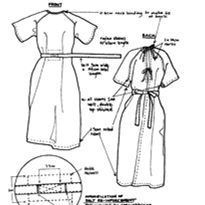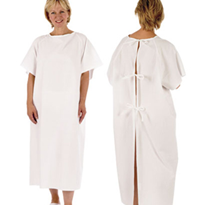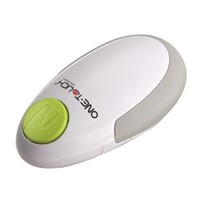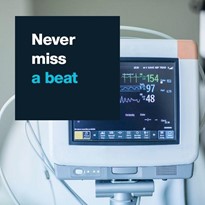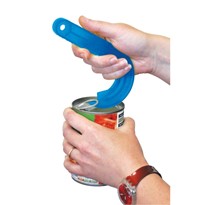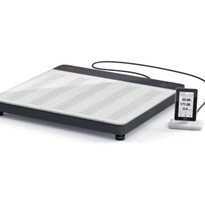As you might agree, when a patient becomes anxious it can become difficult to perform the tasks required to treat their condition. The situation can then escalate and begin to affect not only the child but also the parents and nursing staff that are providing care.
In this article, we discuss 7 solutions you might use to reduce hospital anxiety in your younger patients.
1. Calmness & Patience
It’s clear that anxiety can be contagious and in a challenging environment it’s understandable that sometimes you could become frazzled during a busy shift. However, it’s important to remember that your stress and worry can begin to show through voice and body language which can enhance the nervousness and anxiety in patients.
Calmness is also infectious and by breathing evenly and appearing confident, you can help your patient to relax and feel at ease.
2. Talk through their experience
Most of the fear and anxiety in younger patients can be because they don’t know what to expect. Will they need to be apart from their parents? Is it going to hurt? Will I be given a needle? Including them in conversations, as much as is appropriate for their age and level of understanding, versus just talking with parents, is a sure way to calm their nerves.
3. Play Music
Playing music as a way to reduce anxiety has been studied for decades. Research has shown that certain types of music can trigger physical and emotional responses in patients. Slow tempos are said to relax muscles and ease the mind - by playing these soft, relaxing tunes, you can offer fast relief of nerves and fear in younger patients.
4. Integrate Distractions
If you’ve spent time with younger patients you know that a little distraction can go a long way. Taking patients’ minds off their stress and anxiety by asking questions about their interests, using technology to entertain them or bright and colourful wards, equipment and artwork all help to distract from dwelling on their fears.
5. Offer a Reward
They’re few things that can help younger patients switch emotions faster than a reward. Some hospitals might offer sweets as a reward, but this isn’t the only option. Instead of a snack that might cause your patient to become even more restless or hyper, provide them with a chance to choose a toy from a chest. A reward could also look like free time, use of technology or their choice of something special that’s related to your facility.
6. Be Educational
Another clever way to employ distractions is to be educational and peak your patients interest using their surroundings. Explaining the equipment, allowing them to hear their heartbeat through your stethoscope are all good distractions from their own feelings. Your patients will then feel pride in their new found knowledge and be more comfortable in the environment.
7. Make Patient Comfort a Top Priority
One of the main reasons that younger patients fear hospital visits is because they’re afraid of the pain they might encounter. Taking the necessary precautions to ensure that the lowest pain possible is administered and that you’re in constant communication with your patient to help ease the process. Knowing they’ll feel less pain can help calm your patient’s nerves and anxiety and hopefully sway their feelings towards hospitals for future visits.
When it comes to managing hospital anxiety in younger patients there is no one principle that is a sure solution. Many factors can influence a patient's behaviour prior to their hospital visit like; previous experiences, the extent of their injuries and the patient's age. However, by trailing a variety of solutions, you might just be successful in improving your patients' time at your facility.









-160x160-state_article-rel-cat.png)








